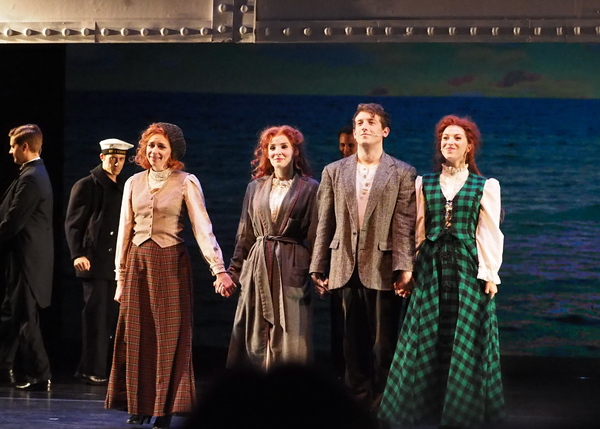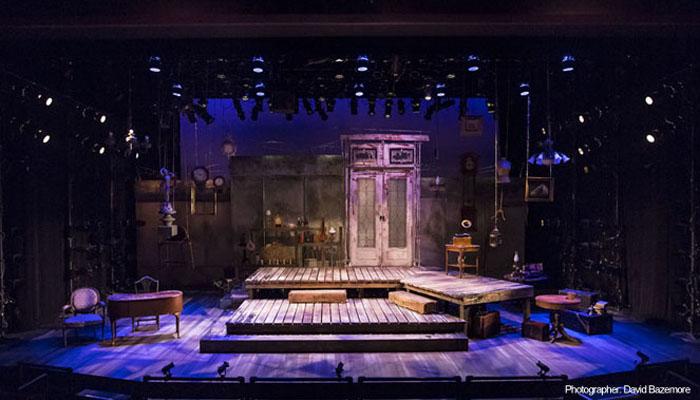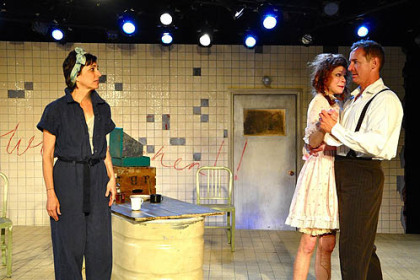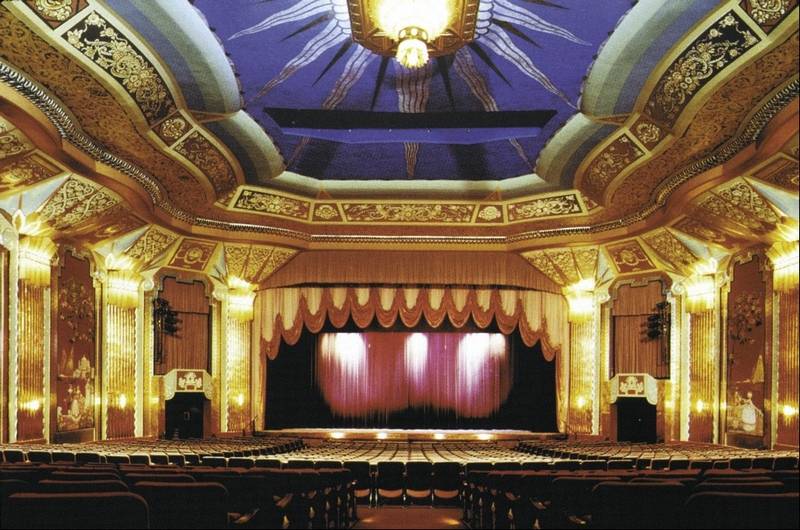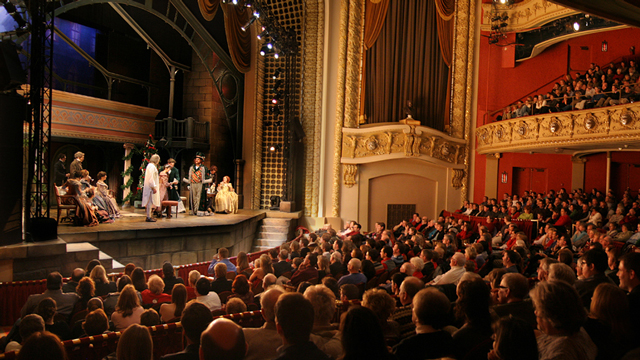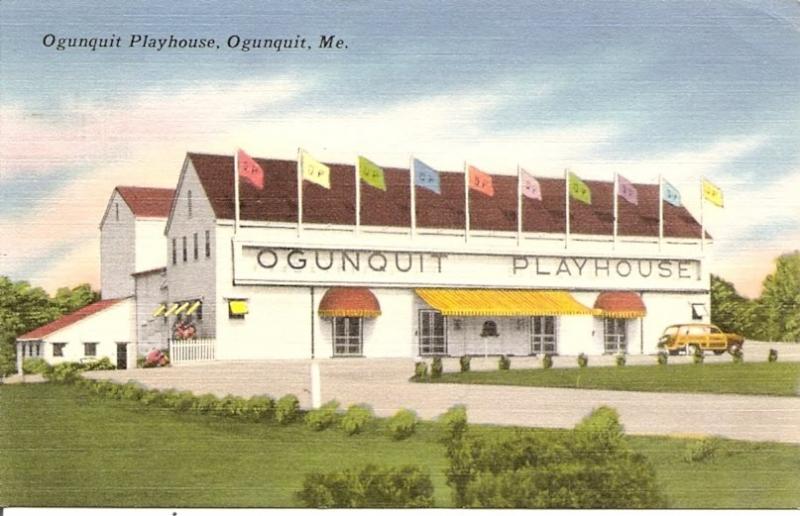By Kimberly Dijkstra
Chicago is a great city for theatre and Congo Square Theatre Company is an integral part of the rich arts landscape of the city. Founded in 1999 by Derrick Sanders and Reginald Nelson, Congo Square grew out of a desire to tell stories rooted in the African Diaspora and create a long-lasting legacy of excellence in Black theatre.
The fire ignited while the pair were classmates at Howard University and grew with grassroots support into what it is today. Sanders and Nelson could have taken the troupe anywhere, but there was no place better than Chicago, a city founded a Black man named Jean Baptiste Point du Sable, a little-known fact even to some residents.
The company is named for Congo Square, an area of New Orleans with an important legacy.

Ericka Ratcliffe, artistic director — Congo Square Theatre Company
“Congo Square used to be a gathering place where freed and enslaved Black and Brown people would gather to uphold ritual from their places of origin, with lots of different music, selling of wares, food, just a whole celebration every weekend,” explained Ericka Ratcliffe, artistic director. “That was the inspiration for the name of the company and what we wanted to do in terms of being a melting pot for artists of color to come and collaborate with each other.”
Ratcliffe has been with the ensemble since 2005, having been a performer and an artistic associate before becoming the fourth artistic director in the theatre’s history in 2021, and the first woman to hold the role.
Congo Square has had a long relationship with Actors’ Equity, having chosen to become an Equity theatre to ensure equitable employment terms for their artists, to have access to a larger pool of artists, as well as to be able to continue working with the people in the company who had already joined the actors’ union.
“At a time like this, Equity has been really great at helping us understand how to navigate COVID,” Ratcliffe said. “There’s a lot of value in that relationship.”
The pandemic halted Congo Square’s live performances, but Ratcliffe is excited to return to live theatre with ‘What to Send Up When It Goes Down’, by Aleshea Harris, this March 2022.
“We’re going to be doing the Chicago premiere of the piece and it’s a really powerful work about racialized violence against Black and Brown people by the hands of the police, folks we have lost, and it is all about healing tools and ritual to heal the community,” she said.
Local foundations have sponsored the event, which is as much pageant and ritual as it is a play, donating a non-traditional space for it to be performed and enabling Congo Square to subsidize tickets for community members to attend for free.
“We’re just really excited to tell this story and to tell it to Chicago, which I think is in need of this work about those we’ve lost, and celebrating them,” Ratcliffe said.
Such a piece about social injustice fits right in among Congo Square’s transformative body of work, which features mainstays by authors like August Wilson and Langston Hughes, but also heavily produces new works by lesser-known writers.
“We’ve worked with so many young playwrights, just trying to get their voice heard,” Ratcliffe said. “New plays is where we spend a lot of our focus and energy.”
Congo Square was the first theatre to produce Lydia Diamond’s ‘Stick Fly,’ which went on to Broadway, and Chadwick Boseman’s ‘Deep Azure.’ Long before he was Black Panther, Boseman was an aspiring playwright. His work was supported and developed through Congo Square’s New Play Initiative, later renamed the August Wilson New Play Initiative.
Co-founder Sanders was instrumental in encouraging Boseman to complete ‘Deep Azure,’ shepherding it from early drafts, through workshops, to final production.
“That’s the power of what the August Wilson New Play Initiative does for artists,” Ratcliff said. Wherever an artist is in the process of creating a new work, the initiative helps incubate the project, produces staged readings, and offers workshopping opportunities.
August Wilson, the legendary playwright who gave voice to the African-American experience, was quite a fan of Congo Square Theatre Company. He reportedly called it his favorite theatre company and donated yearly until his death.
“In fact, on his deathbed, he said, ‘hey, if you want to give to a theatre company in my honor when I leave this earth, please give to Congo Square,’” Ericka said. “He was a huge advocate for the theatre and we so appreciated that relationship and that support.”
Carrying on the work Wilson was so fond of, Congo Square has a number of initiatives to support young talents.
A new endeavor called the Samuel G. Roberson Young Playwrights Fellowship, named for a former artistic director who passed away, joins with the Festival on the Square Ten-Minute Play Competition and offers winners a year-long mentorship and the opportunity to expand their 10-minute play into a full-length piece.
Roberson made such a strong impact on the community in his too-short 34 years, that the League of Chicago Theatres has also launched an annual grant program in his honor, the Samuel G. Roberson Jr. Resident Fellowship.
Congo Square participates in the National August Wilson Monologue Competition, founded by True Colors Theatre Company’s Kenny Leon, exposing Chicago-area students to Wilson’s works and artistry, and giving them the opportunity to win scholarships.
“We also work in Chicago public schools as teaching artists, to expose them to the arts and to a philosophy, a pedagogy, that we want to share with students about ownership, about confidence, about being seen, about social justice,” Ratcliffe said.
They are also working with Sydney Chatman, recipient of a Joyce Foundation award, to develop a play about the creative healing process after state-sanctioned violence.
“We want to be of service to our communities,” Ratcliff said. “In five years, we hope to have a permanent space where we can engage on a deeper level with our community in a space where they can come, like Congo Square, like the founding morals of the company, to be a space where folks can gather to celebrate Blackness.”
For more on Congo Square Theatre Company, visit www.congosquaretheatre.org.



